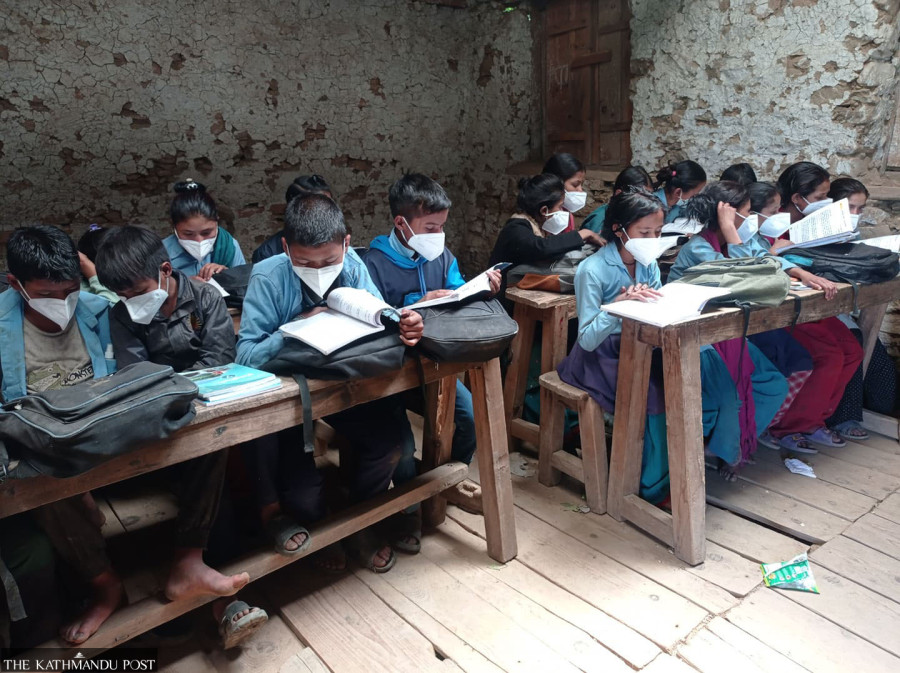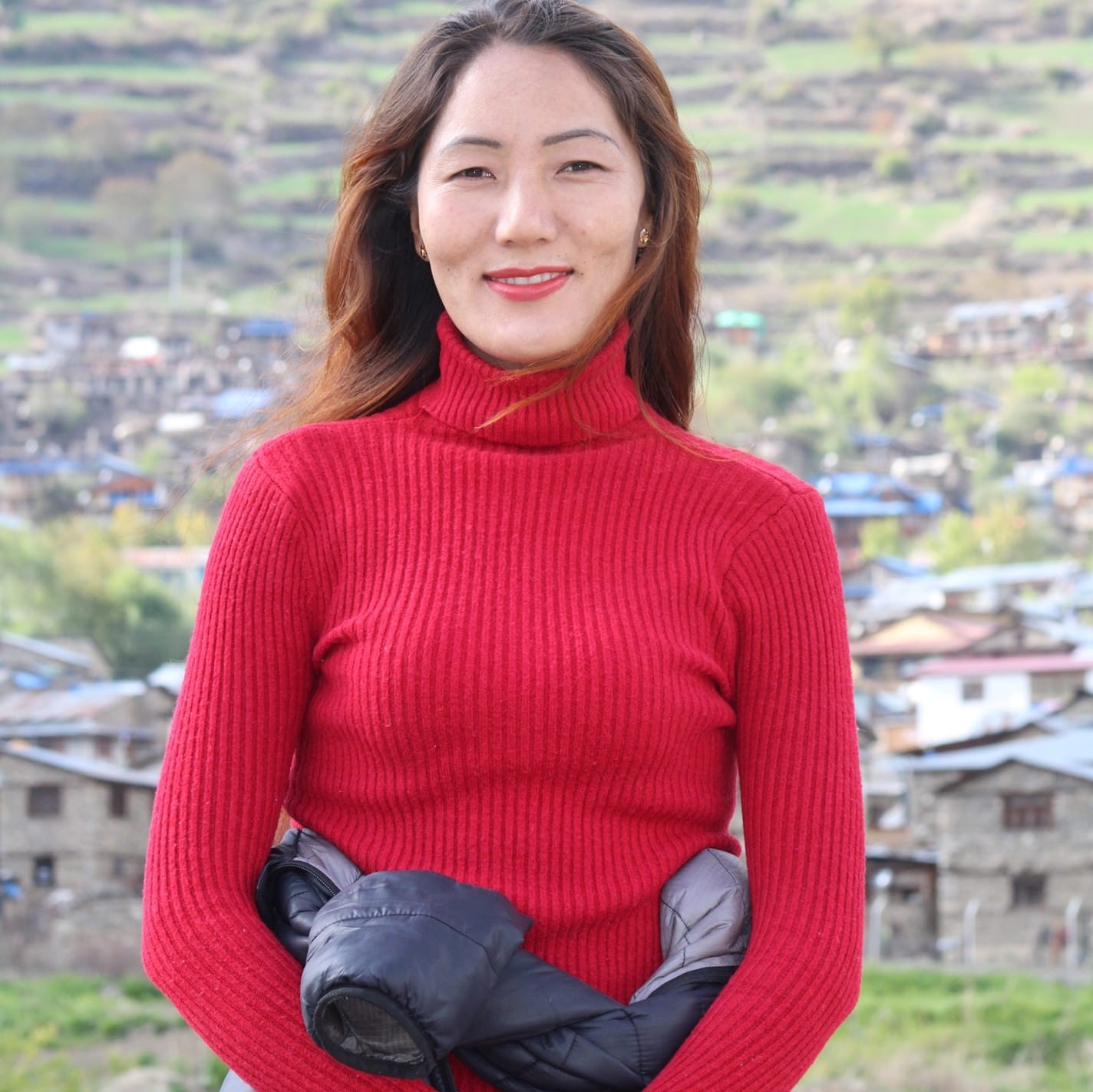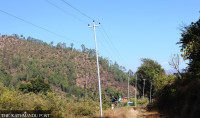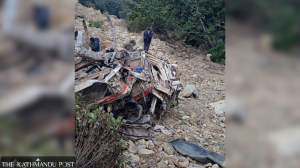Karnali Province
Lack of textbooks affects studies in mountainous region
Schools in Mugu and Humla have not received textbooks due to disruption of roads.
Raj Bahadur Shahi & Chhapal Lama
Sarvodaya Secondary School in Khatyad Rural Municipality, Mugu, resumed in-person classes from the beginning of August but the students are yet to receive their textbooks.
“We are using old books that we borrowed from our seniors. It would be easier for us if we had our own books to study,” said Anita Karki, a 10th grader at the school.
Currently, there are around 400 students enrolled in Sarvodaya Secondary School but the rate of absenteeism is high, according to Lokendra Karki, the school headmaster.
“Students don’t come to school and do not submit their assignments. They feel discouraged because they don’t have books,” he said.
The students of all 40 community schools in the rural municipality are attending classes without textbooks and this has hampered their studies, said Padam Shahi, chief at the Education Unit of the rural municipality.
“We haven’t been able to distribute textbooks to the students because most roads in Mugu have been obstructed by landslides. Vehicular movement along the Gamtha-Gothijiyula road is still disrupted. Multiple landslides have damaged the road, which has obstructed the transportation of school textbooks,” Shahi told the Post.
The students of the community schools in Mugumkarmarong Rural Municipality too have yet to receive textbooks.
“Most of the students of grades nine and 10 have not received textbooks until now,” said Tika Prasad Upadhyay, the headmaster of Buddha Secondary School in Mugumkarmarong.
Book store owners say although textbooks are easily available in Gamgadhi, the district headquarters of Mugu, transporting them to rural areas has become a challenge.
“The disruption of the road network in most places of the district has affected textbook distribution,” said Jaya Laxmi Bham, proprietor of a book store in Gamgadhi. “Textbooks are easily available here but we haven’t been able to send books to rural villages.”
In Humla, the academic session usually starts in mid-February but this year it started in mid-June and in-person classes resumed in mid-September. The delay in the resumption of classes has worried teachers with most voicing concerns about the successful completion of academic courses.
“The school will be closed during Dashain and Tihar festivals. Then the winter season will begin and classes will be disrupted again. There are only 60 to 70 school days left in this academic year and we have a majority of course work to complete,” said Himalaya Khatri, a teacher at Raling Secondary School in Simkot.
Students have also complained that they are having a tough time trying to catch up with the lesson plan.
“We didn’t have in-person classes for so long and now that classes have resumed, we don’t have textbooks,” said Tsering Lama, a ninth-grader at Raling Secondary School. “I haven’t been able to catch up with my lessons.”
Currently, all community schools in the seven rural municipalities of Humla are running in-person classes.
Karna Rawal, chairman of Kharpunath Rural Municipality, says the local unit has directed all schools to adopt health safety measures and complete the courses on time.
“We haven’t been able to bring books to the schools but we have asked the teachers to manage additional classes to complete the courses on time,” Rawal said.




 9.17°C Kathmandu
9.17°C Kathmandu.jpg)













